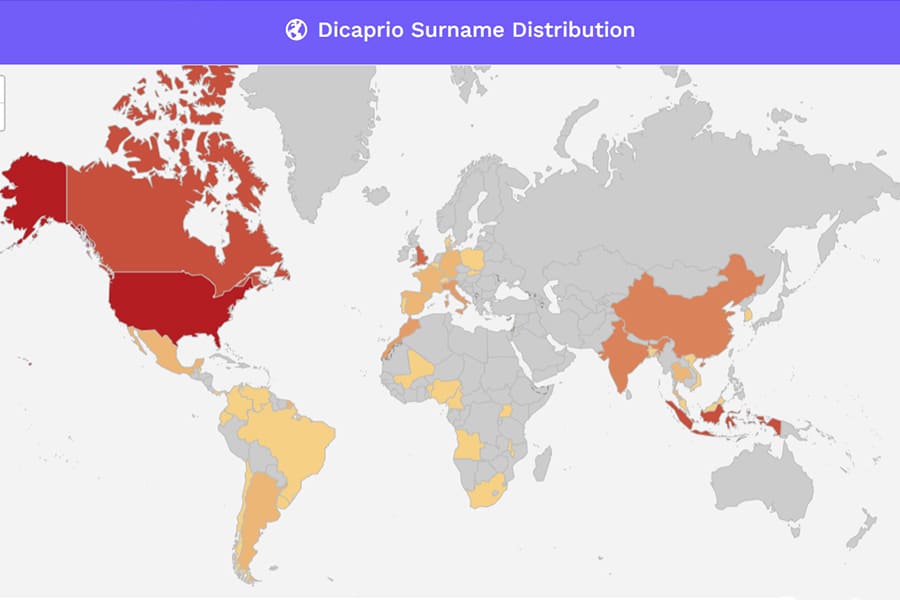
Published:
Readtime: 2 min
Every product is carefully selected by our editors and experts. If you buy from a link, we may earn a commission. Learn more. For more information on how we test products, click here.
Names are how we distinguish ourselves from others. It’s a way of identifying individuals. Our ancestors followed this practice. Often, especially in hunter/gatherer cultures, names were given to commemorate an event in the person’s life. A person’s occupation was also a common naming practice, giving way to such last names as Taylor, Smith, Wright, and Baker.
Names might also come as a reference to certain features, such as being bald, or to their places of origin, such as last names like Aston or Eaton. Still, other names were given to mark a person’s heritage (Hansen connoted that the individual was the Son of Han). Eventually, as communities and even cultures began to intermingle, these names were adopted as permanent names, and were passed down from father to son.
In England, names were largely adopted between the 11th and 16th centuries; in Wales, between the 16th and 19th centuries; and in Scotland, between the 11th and 19th centuries. As those names were adopted, more and more people began sharing them. Forebears, an online index of genealogy resources, offers a way to see just how unique your name is.
You’ll also like:
How To See the Pink Supermoon Tonight

Started in 2012, Forebears maps out the mentions of approximately 11 million surnames. You can search your last name and find results in newspapers, genealogical record sites, and other historical services. You’ll find alternative spellings of your name, as well as possible meanings. You’ll be able to see if your name pops up in war records, burial registers, censuses, and other records. You can also see a “heat map” for your name—a map that shows where your name is most popular.
According to the site, the most popular name in Australia, the US, and England is Smith—there are some 4,299,406 Smiths out there. The most common surname in the world? Wang, with 76,545,675. Forebears is quick to note that the data isn’t perfect, but rather an aggregate of many different genealogy data sites. Even with the possibility of some errors, though, it’s still pretty interesting to learn about where your name came from.


































Comments
We love hearing from you. or to leave a comment.